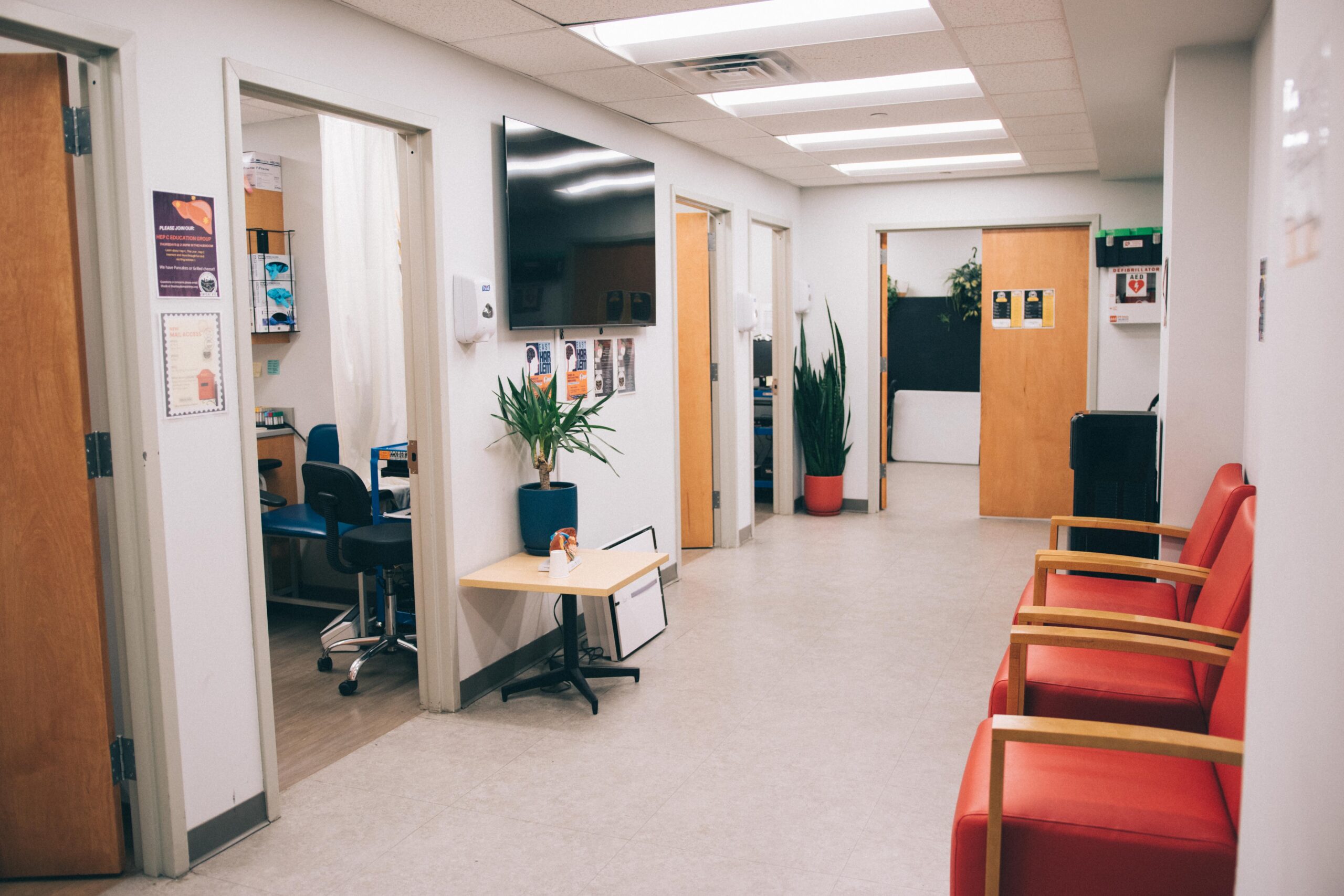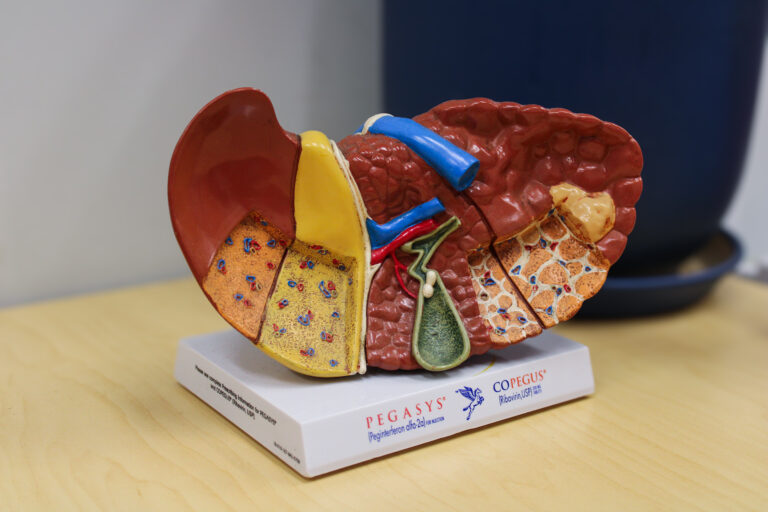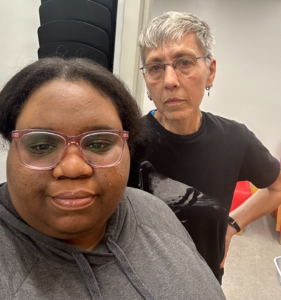



HCV is the most prevalent form of hepatitis in the U.S., impacting at least 2.7 million people nationally. The people we serve are particularly susceptible to contracting the virus – injection drug use accounts for approximately 70% of new HCV infections. While there is no vaccine for HCV, it is curable with proper treatment – so it is particularly valuable to get tested and learn one’s status!

Synn Stern, RN, Health Services Coordinator, and Shade Barkley, HCV Program Coordinator, are two OnPoint staff members that work to prevent, test, and treat HCV in our East Harlem and Washington Heights communities. We talked to both Synn and Shade about the importance of this work, and the impact it has made.
Read our interview below:
Why is it important for people (particularly those who use drugs / engage in sex work) to get tested for HCV?
Synn: HCV is spread by exposure to HCV-infected blood. Behaviors that expose people to even minute quantities of blood can also put people at risk for HCV. While HCV may not cause noticeable symptoms for many years, over time, it can cause damage to one of our most multi-functional organs –the liver. A blood test is the only way to know that someone has HCV. The earlier someone knows they have HCV, the quicker they can start treatment and reduce their risk of liver damage.
From your experience, how does HCV impact our participants? What are the most common challenges or misconceptions you encounter regarding HCV among our community members?
Synn: Treatment for HCV has come a long way. The current medications, which are taken by mouth for 8-12 weeks (depending on which drug is selected), have minimal side effects, and almost everyone who completes treatment gets cured. Sadly, many people have only heard about the early days of HCV treatment, when the medications were taken for 6, 12, or 18 months, had terribly severe side effects, and did not always work. Making people aware of the new treatment options is a large part of our work.
What treatment options are available for those with HCV? How does OnPoint connect people with those services?
Synn: Since OnPoint NYC’s East Harlem health clinic opened more than five years ago, treating HCV has been a major service. We provide walk-in services 5 days per week in East Harlem and 3 days (soon to be more) weekly in Washington Heights. Our clinic services are free to OnPoint NYC participants. Health insurance is required for lab work and prescriptions.
Do you have any personal stories or observations that highlight the impact of our HCV services on an individual or the community?
Shade: Many people attribute their successful completion of treatment to their experience here at OnPoint NYC. They often express profound gratitude for our professional and supportive environment, likening it to a hospital-like setting with the warmth and encouragement one would expect from friends or family. What’s particularly heartening is that our clients frequently mention feeling neither judged nor ashamed, which fosters an environment conducive to healing and progress. In fact, many are so impressed with their experience that they actively recommend our services to their friends and partners.

Featured photo by New York State Drug Policy Alliance/Sarah Duggan.
Notifications